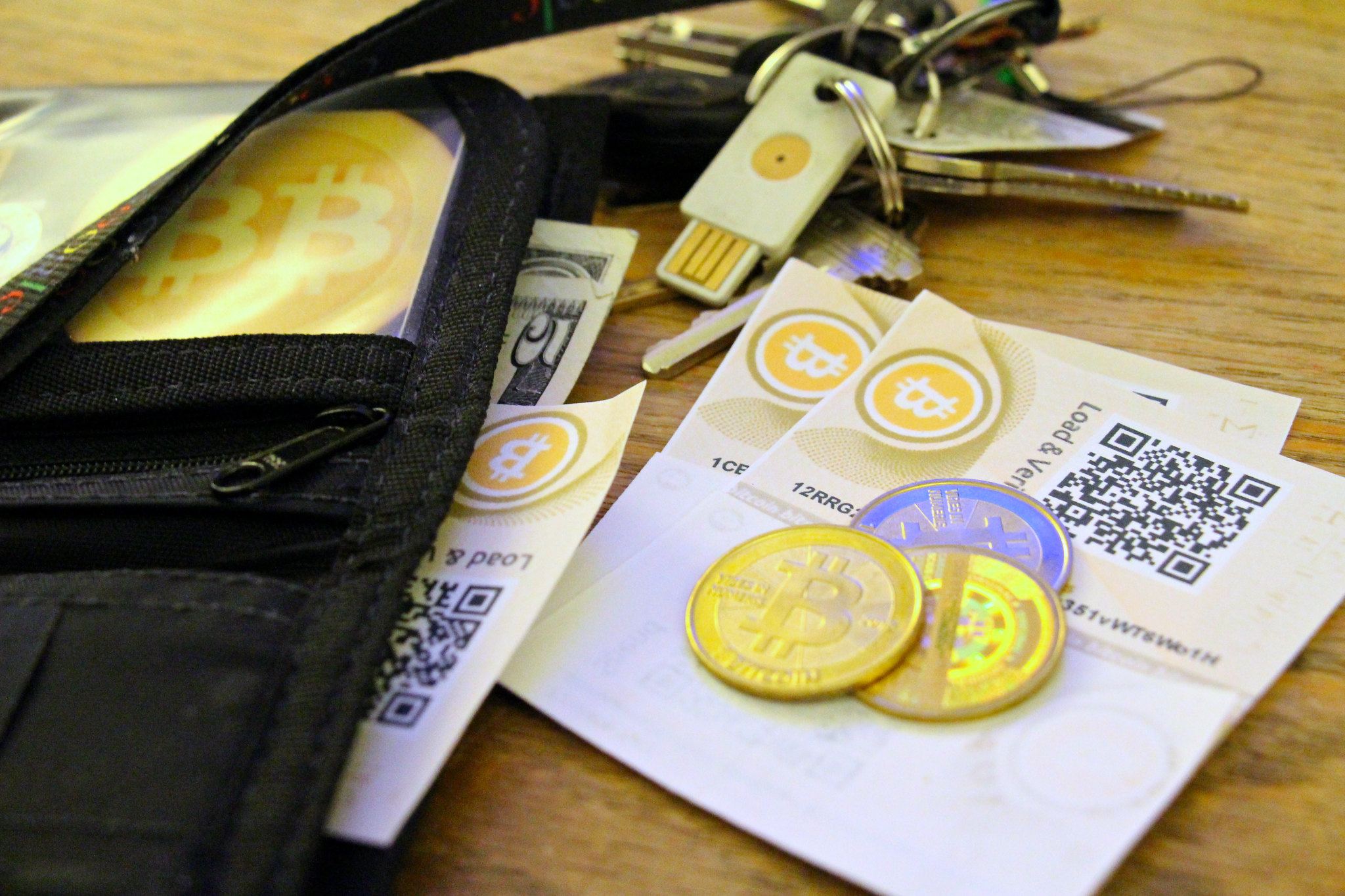
Key Takeaways
- 80,000 BTC worth $8.6 billion moved from dormant wallets, sparking hack speculation.
- Coinbase's Conor Grogan raised concerns over the unusual transaction pattern but labeled it speculation.
- Experts and community members largely doubt a hack, citing bitcoin's security and alternative explanations.
A series of transactions on July 4 involving 80,000 bitcoin (BTC) — valued at $8.6 billion — has drawn widespread attention and debate among analysts and the bitcoin community.
Conor Grogan, Head of Product at Coinbase, called the transfer “extremely odd” and raised the possibility of a hack, though he described his view as “extreme speculation.” Grogan stated:
“If true (again, I’m speculating on straws here), this would be by far the largest heist in human history.”
According to Arkham Intelligence, eight wallets dormant for 14 years moved the funds in five transactions, beginning with a 40,000 BTC transfer followed by four more of 10,000 BTC each over a span of 10 hours. The bitcoin now resides in eight new wallets and has not been sold or further moved. Arkham noted the transactions were likely conducted by a single entity. For a detailed history of bitcoin’s largest transfers and dormant wallets, see the bitcoin wallet tracker.
Some speculate that the bitcoin may belong to Roger Ver, an early investor known as ‘Bitcoin Jesus,’ recently arrested on US tax fraud charges. Sani, founder of Timechain Index, suggested the move could signal a settlement with the IRS.
Grogan pointed to a test transaction using Bitcoin Cash (BCH) before the BTC movement as possible evidence of foul play. He argued that BCH transactions are less scrutinized, making them a stealthy way to test private key access. However, he questioned why other BCH wallets were untouched if a hack had occurred.
Others in the community pushed back. A former Pulsechain developer noted the near-impossibility of brute-forcing a bitcoin private key, saying:
“The security isn’t just strong – it’s mathematically absurd to even attempt with any conceivable technology. With quantum computing, it’d take an estimated 30-40 years, but that is just theoretical at this point.”
Additional voices argued that the slow pace of the BTC transfers and the nature of the BCH transaction suggested an over-the-counter deal or settlement, not a hack.




